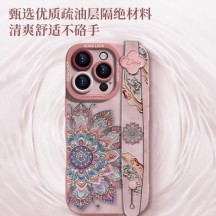The original source of ancient Chinese surnames is the primitive religious worship, totem worship and ancestor worship based on "the way of heaven". Primitive totem worship is the root of ancient Chinese surnames. A large number of ancient documents support this view. Chinese surnames first had surnames and then clan names. The emergence of surnames is a sign that primitive humans gradually got rid of the state of ignorance. Surnames and clan names are two stages of human civilization progress.
Subcategories
Active filters
Spiritual beasts, also known as auspicious beasts or lucky beasts, refer to animals that symbolize good luck. They can be real in reality or mythical and fictional. The ancients believed that the appearance of spiritual beasts would be accompanied by auspicious events such as the birth of saints.
Design inspiration: I have you in my heart and I will never leave you. Two hearts intertwined, moving into each other's new house
Spiritual beasts, auspicious beasts or auspicious beasts, that is, auspicious beasts, refer to animals that symbolize good luck. They can be real in reality or mythical and fictional. The ancients believed that when spiritual beasts appeared, they would be accompanied by auspicious events, such as the birth of saints.
This dress is made of ice silk quick-drying fabric, which is cool and comfortable to wear
The gate-guarding stone lions were a symbol of power and nobility in ancient times. The families of those who could afford to put stone lions in front of their doors were obviously more prosperous, which could be said to be a direct reflection of wealth and family prosperity.
Personalized text short-sleeved fun culture shirt
The dragon is a well-known symbol of good fortune in China. For thousands of years, the Chinese people have placed countless beautiful hopes and wishes upon it.
The twelve zodiac figurines are designed with anthropomorphic features and varied forms, each embodying a unique and auspicious meaning.
New Year Good Luck Oversized Short Sleeve Shirt
The Wen Chang Pagoda is believed to house the knowledge of countless books and literary works. Also known as the Pagoda of Literary Star, Pen Pagoda, or Literary Peak Pagoda, it is one of the most commonly used Feng Shui symbols for enhancing wisdom, academic success, and intellectual growth. It is thought to greatly benefit studies, scholarly achievement, and career advancement.
Cotton socks trendy national style sports deodorant breathable autumn and winter mid-tube socks
In Chinese tradition, it is customary to decorate with Pixiu, a mythical creature rich in symbolic meaning. People believe that Pixiu brings joy and good fortune. From ancient times to the present, both emperors and commoners have placed great importance on collecting and wearing Pixiu. According to legend, beyond attracting wealth and warding off evil, Pixiu is also believed to protect the home, neutralize negative influences (such as Tai Sui), and even promote harmonious relationships.
Oracle gold-stamped jacquard hand-buttoned jacket
The abacus is a manually operated calculating tool. It originated in China and is considered one of the important inventions of ancient Chinese civilization. Before the widespread use of Arabic numerals, the abacus was one of the most commonly used calculation tools in the world.
The Ten Emperors' Coins are copper coins with the reign titles of the ten emperors: Shunzhi, Kangxi, Yongzheng, Qianlong, Jiaqing, Daoguang, Xianfeng, Tongzhi, Guangxu and Xuantong. They are now commonly known as the Ten Emperors' Coins.
The Five Emperors' Coins refer to copper coins with round holes and square holes. Ancient copper coins were cast according to the principle of "round outside and square inside" and "harmony between man and nature". They are the embodiment of the ancient Yin-Yang and Five Elements theory and have a profound cultural attribute.
In ancient times, the luopan was used to guide direction and assess geographical knowledge, and thus it also came to symbolize wisdom and learning.
Depicting Dunhuang with Careful Concentration
A themed series inspired by iconic figures from ancient Chinese classics, reimagining and preserving the passionate, proud, and righteous characters cherished in the hearts of the Chinese people—transforming them into companions for everyday life.
May the blessings of Dunhuang stick to you and bring you endless fun and good luck.
The jade seal refers specifically to the seal of the emperor, which is a symbol of supreme power. It is made of gold or jade. The seal first appeared in the Zhou Dynasty. In the pre-Qin period, the seal and the seal were commonly called. It was not until the Qin Dynasty that the seal and the seal were distinguished. The seal used by the emperor was called a seal, while the seal used by the subjects could only be called an seal.
The teapot is the ideal companion for brewing tea—one pot dedicated to one type of tea—symbolizing unwavering loyalty and family harmony in traditional culture. Therefore, gifting tea and a teapot during festive occasions is more than a gesture; it is a gift of culture and refined taste.
Dragon Book Demon Eye Resin Relief Material Handicraft










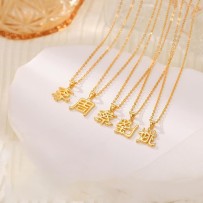

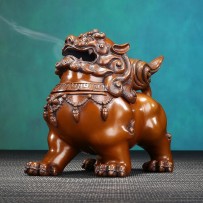

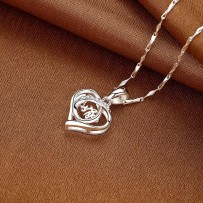

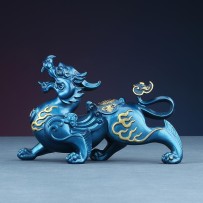

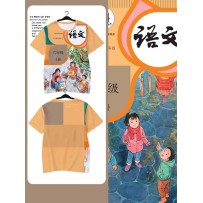

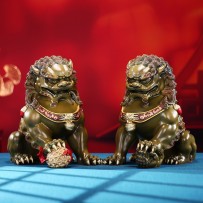



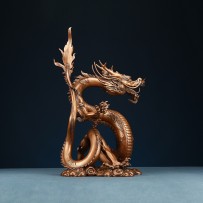

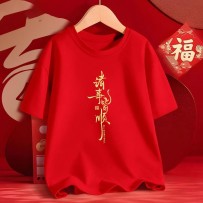

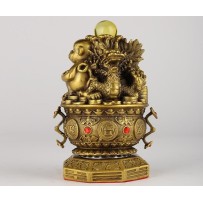

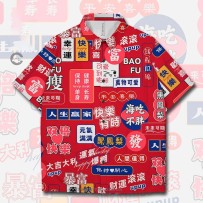

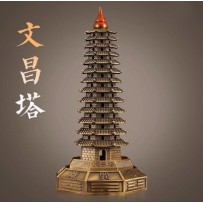

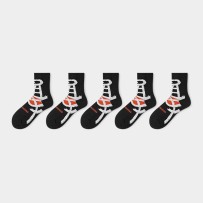

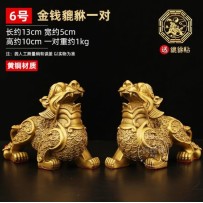

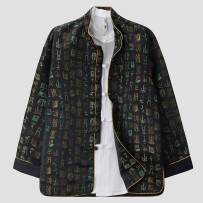


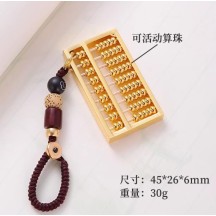
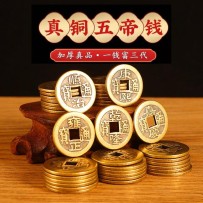

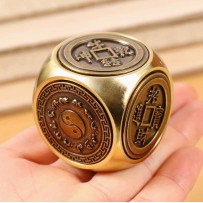


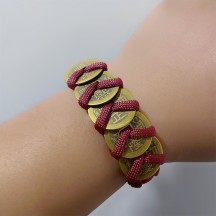
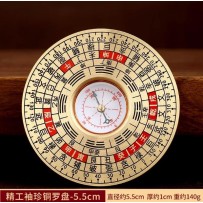

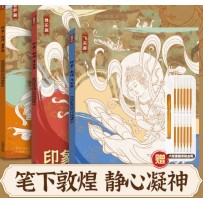


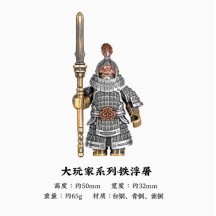
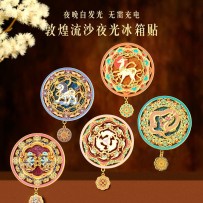

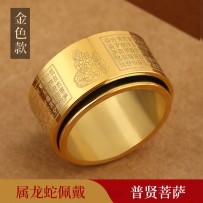

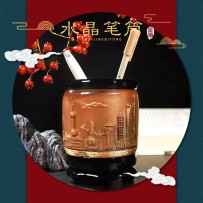

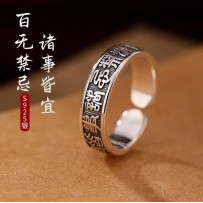

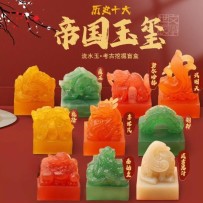

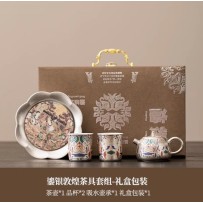

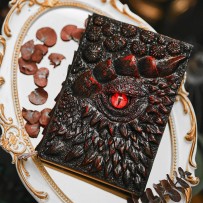

![[Wrist Strap & Stand] Lotus Cultural Creative Phone Case Compatible with iPhone](https://chinachic.shop/2071-inner_default/-wrist-strap-stand-lotus-cultural-creative-phone-case-compatible-with-iphone.jpg)
